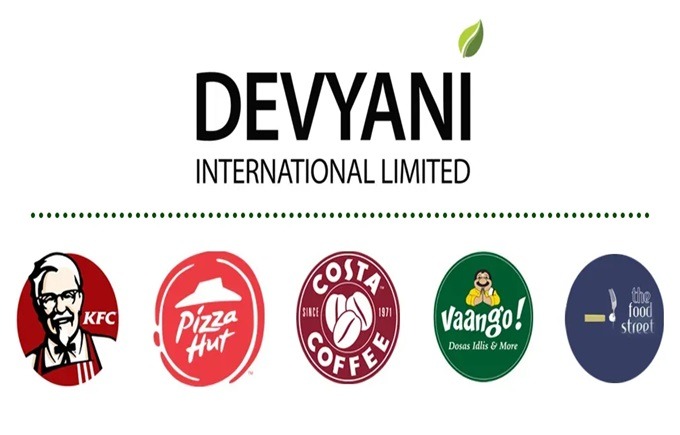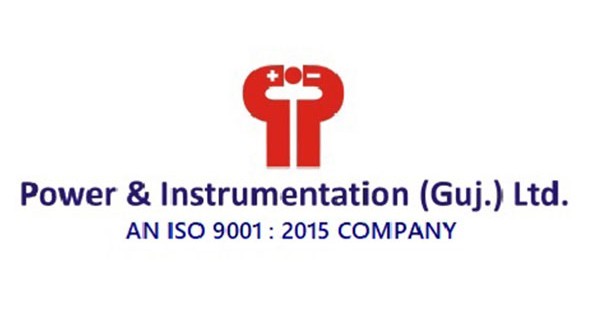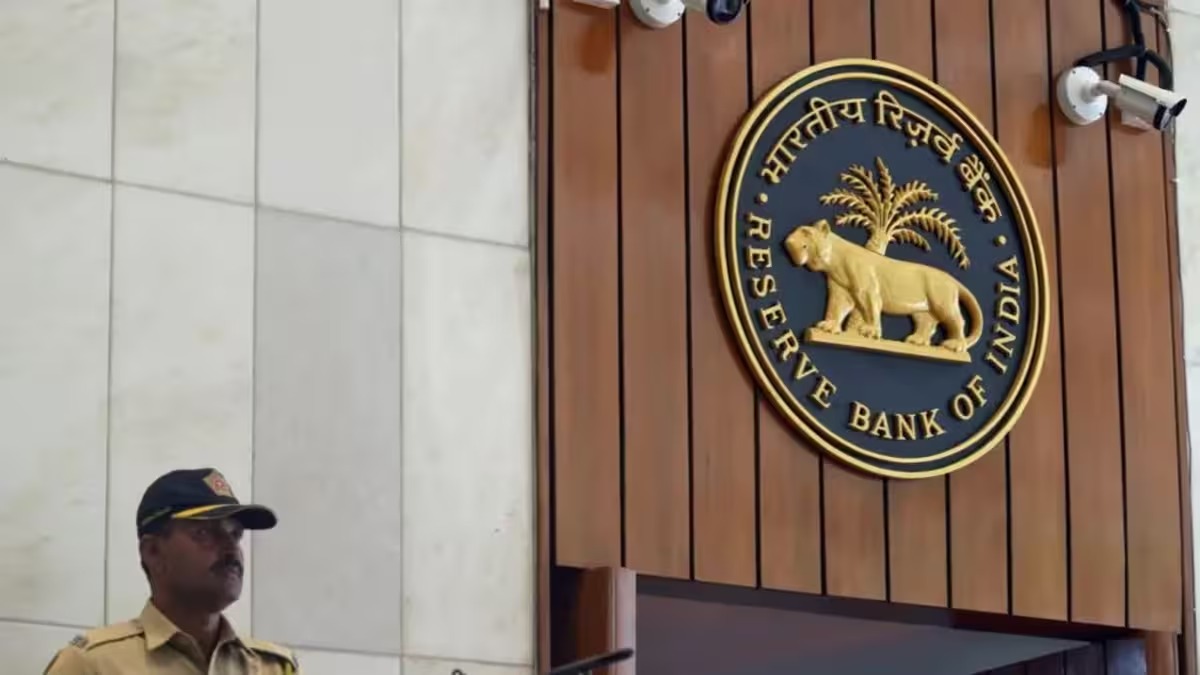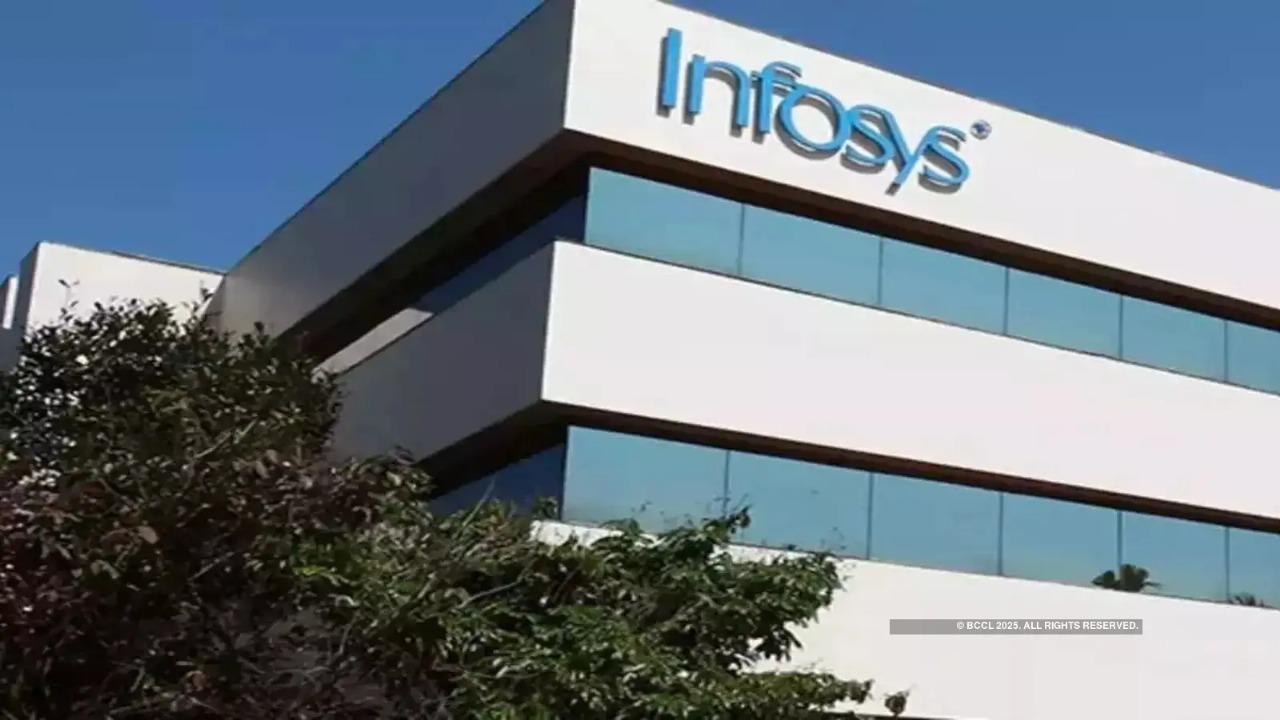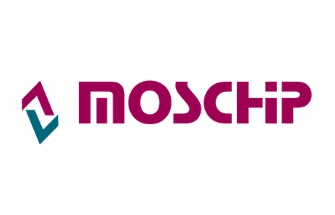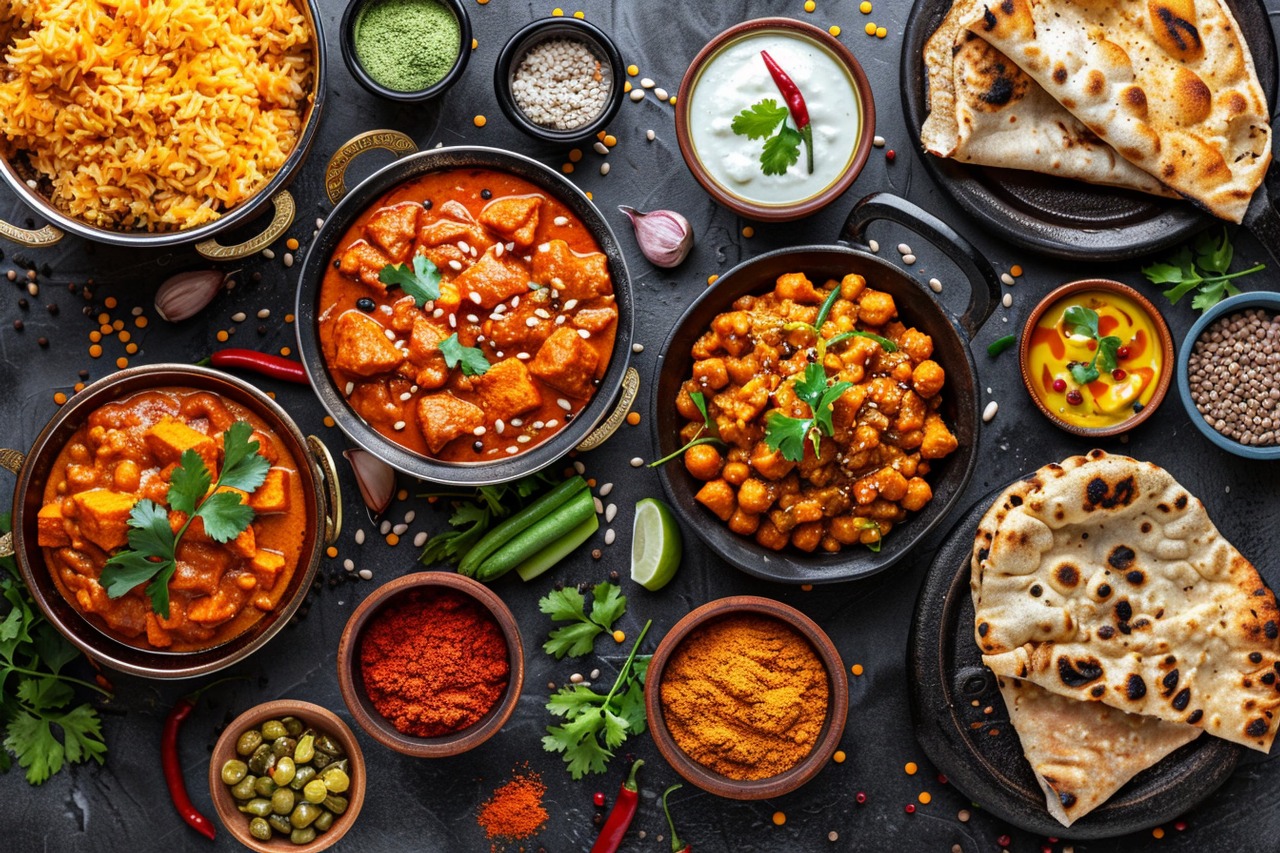Devyani International Ltd, India’s largest franchisee of Yum Brands, has announced a strategic recalibration of its Pizza Hut operations for the current fiscal year. The company will slow down the organic expansion of Pizza Hut stores, citing the need to consolidate performance and optimize unit economics. At the same time, Devyani is actively exploring a rapid delivery model similar to Domino’s 20-minute promise, aiming to enhance customer experience and operational efficiency.
Here is a detailed breakdown of the company’s evolving strategy and its implications for the quick service restaurant (QSR) landscape in India.
Key Highlights From The Strategic Update
- Organic expansion of Pizza Hut stores to be moderated in FY26
- Focus shifts to improving same-store sales and profitability
- Devyani working on a fast-delivery model inspired by Domino’s 20-minute benchmark
- Broader QSR portfolio including KFC and Costa Coffee continues to expand
Pizza Hut Expansion Slows Amid Market Realignment
Devyani International has decided to reduce the pace of new Pizza Hut store openings in the current fiscal year. The move comes after a period of subdued consumer sentiment and mixed same-store sales growth for the brand. In recent quarters, Pizza Hut has reported marginal declines in performance, prompting the company to focus on:
- Enhancing operational efficiency at existing outlets
- Revamping menu offerings and pricing strategies
- Improving delivery logistics and customer engagement
The slowdown is tactical and aimed at strengthening the brand’s fundamentals before resuming aggressive expansion.
Fast-Delivery Strategy Gains Traction
Inspired by the success of Domino’s 20-minute delivery model, Devyani is developing its own rapid delivery framework for Pizza Hut. The initiative is expected to:
- Reduce delivery time and improve customer satisfaction
- Leverage technology for route optimization and real-time tracking
- Integrate with third-party aggregators and in-house logistics platforms
Domino’s has seen strong results from its fast-delivery promise, with improved order volumes and brand loyalty. Devyani aims to replicate this success while tailoring the model to Pizza Hut’s operational dynamics.
KFC And Costa Coffee Continue To Drive Growth
While Pizza Hut’s expansion is being moderated, Devyani’s other brands remain on a growth trajectory. KFC continues to deliver strong same-store sales and is expanding across urban and semi-urban markets. Costa Coffee is gaining traction in premium retail and transit locations, supported by new product launches and experiential formats.
In FY25, Devyani added 257 stores across its portfolio, including 283 KFC outlets acquired in Thailand. The company is on track to surpass 2,000 stores globally by the end of 2025.
Operational Focus And Strategic Investments
Devyani is investing in technology, supply chain, and brand partnerships to support its long-term growth. Key initiatives include:
- Upgrading kitchen infrastructure for faster service
- Expanding cold chain and warehousing capabilities
- Securing exclusive franchise rights for new QSR brands such as TeaLive and New York Fries
These efforts are aimed at diversifying the brand portfolio and enhancing customer reach across formats and geographies.
Conclusion: Devyani Balances Brand Consolidation With Innovation
Devyani International’s decision to slow Pizza Hut’s organic expansion reflects a disciplined approach to brand management and capital allocation. By focusing on store-level profitability and exploring rapid delivery models, the company is positioning Pizza Hut for sustainable growth. With continued momentum in KFC, Costa Coffee, and new brand partnerships, Devyani remains a dominant force in India’s QSR sector, adapting swiftly to consumer trends and competitive benchmarks.
Sources: Business of Food, Franchise India, Economic Times Retail, Devyani International Press Release

